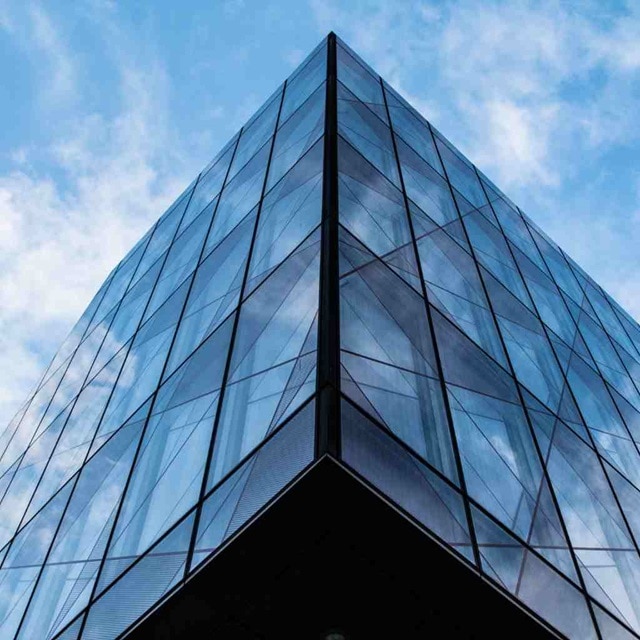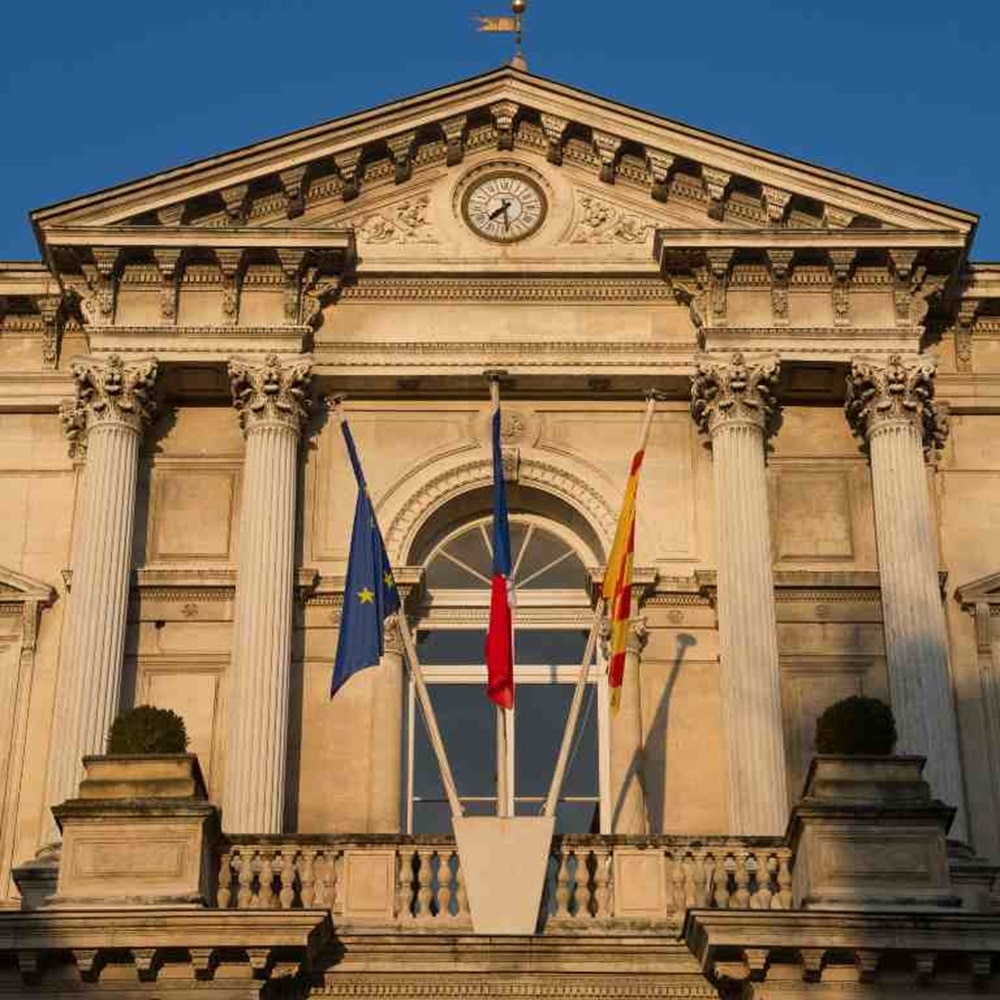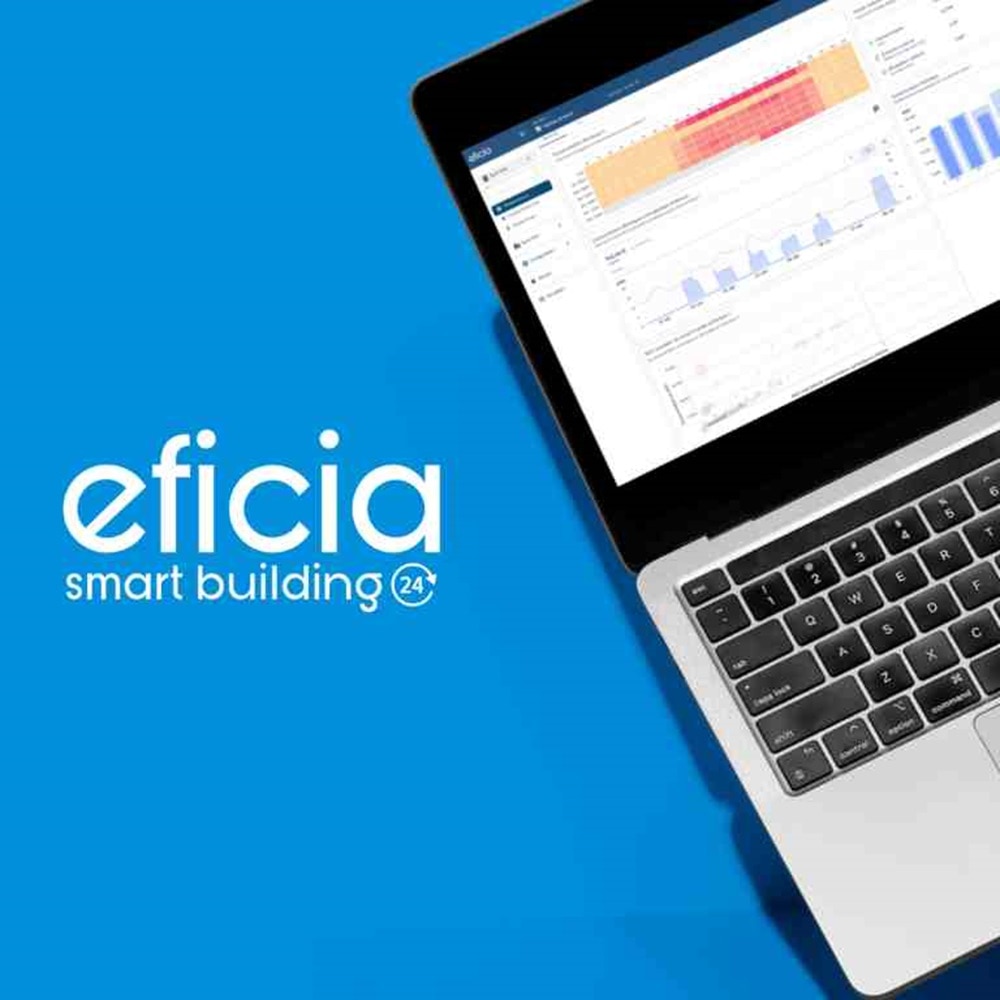Blog Eficia Accelerate your energy transition

Our last articles
Check out our latest publications
Regulation
Regulations and standards | Expert advice | Obligations and opportunities
Energy regulations are evolving rapidly, imposing new obligations on businesses and communities to reduce their carbon footprint. On this page, you will find all the news related to the main regulations in the sector: BACS Decree, Tertiary Decree, green taxonomy, new European standards, etc. We help you decipher these texts, understand their impact and implement the necessary actions to ensure your compliance, optimising your energy performance.

Market
Energy Price Trends | Stakeholder Strategies | Market Partnerships and Innovations
The energy market is undergoing a profound transformation, with price fluctuations, technological innovations and new industrial dynamics redefining business strategies. In this section, explore market trends, price changes, decarbonisation challenges and energy optimisation strategies. Eficia shares its experience and network to help you make the right decisions in the face of the challenges facing the sector.

Innovation & Solution
AI and Intelligent BMS | Energy optimisation | Feedback and case studies
Innovation is at the heart of the energy transition. Artificial intelligence, predictive algorithms, 24/7 monitoring, real-time optimisation: discover how cutting-edge technologies can optimise your buildings' energy consumption, reduce costs and improve sustainability. Through our analysis and feedback, explore the best solutions to accelerate your energy transformation.

News about Eficia
Corporate Life | CSR Commitments | Recruitment and Talent
At Eficia, we are shaping a more responsible future every day by helping our customers control their energy consumption. Discover our news, events, CSR commitments and career opportunities here. Take a look behind the scenes of a growing company, where experience and innovation combine to accelerate the energy transition.






